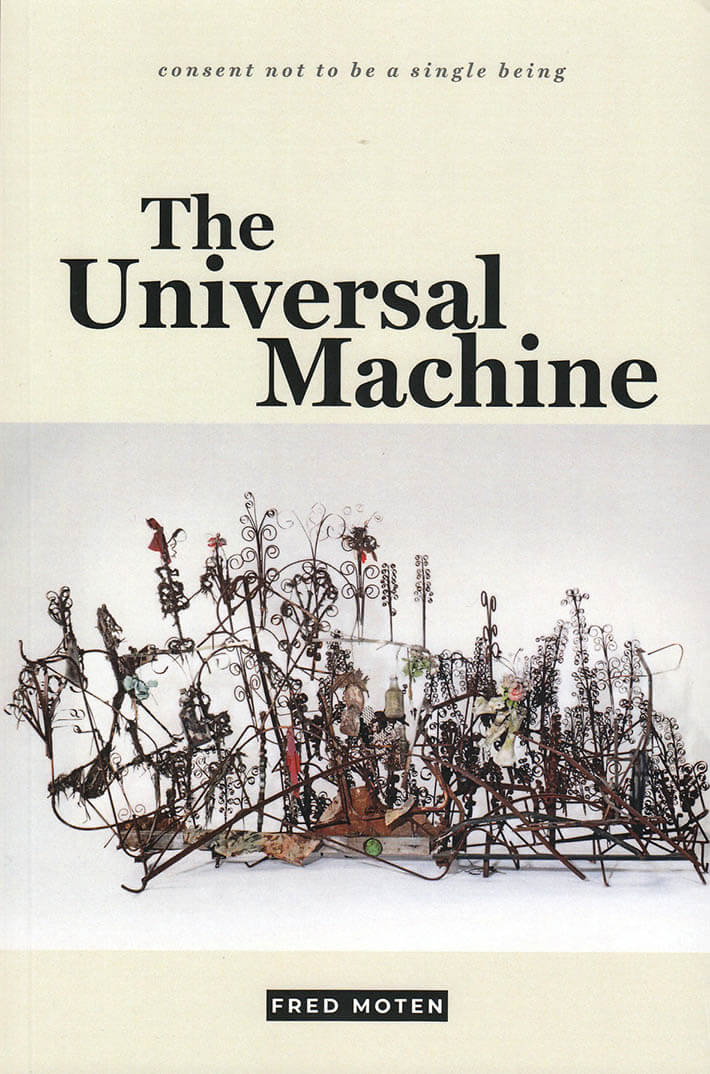William Kentridge
William Kentridge

Stop Here
Notebook from the South African artist featuring fountain pen's drawings and writings with inserted typescripts.
William Kentridge is at the same time painter, sculptor, engraver, decorator, theater and film director, actor, poem-performer… In that way, he is a “total artist”, next of kin to Jan Fabre, but whose is mainly concern by apartheid, post-colonialism, general history and the drain of time.
Stop Here, written and drawn with a fountain pen, is published at editions jannink in the collection “L'Art en écrit”. The tree is the main figure of this book. Here we find the main codes which belong to the artist—palimpsest and repetition—through which we are plunged in a metaphoric reflexion. It creates an analogy between book and tree, which is represented as the mother-source of creation before being transformed in a gibbet. Kentridge pursues his meanders where he evokes at the same time the smell of bakelite, vermouth risotto, a cemetery in the Congo, Sibyl, Cranach, the Winterreise, as well as his father, lawyer of Nelson Mandela.
And more

The Universal Machine
In The Universal Machine — the concluding volume to his landmark trilogy consent not to be a single being — Fred Moten presents a suite of three essays on Emmanuel Levinas, Hannah Arendt, and Frantz Fanon, in which he explores questions of freedom, capture, and selfhood. In trademark style, Moten considers these thinkers alongside artists and musicians such as William Kentridge and Curtis Mayfield while interrogating the relation between blackness and phenomenology.
Whether using Levinas's idea of escape in unintended ways, examining Arendt's antiblackness through Mayfield's virtuosic falsetto and Anthony Braxton's musical language, or showing how Fanon's form of phenomenology enables black social life, Moten formulates blackness as a way of being in the world that evades regulation. Throughout The Universal Machine—and the trilogy as a whole—Moten's theorizations of blackness will have a lasting and profound impact.
Published July 2018
Fred Moten is Professor of Performance Studies at New York University and the author of Black and Blur and Stolen Life, both also published by Duke University Press, and In the Break: The Aesthetics of the Black Radical Tradition.